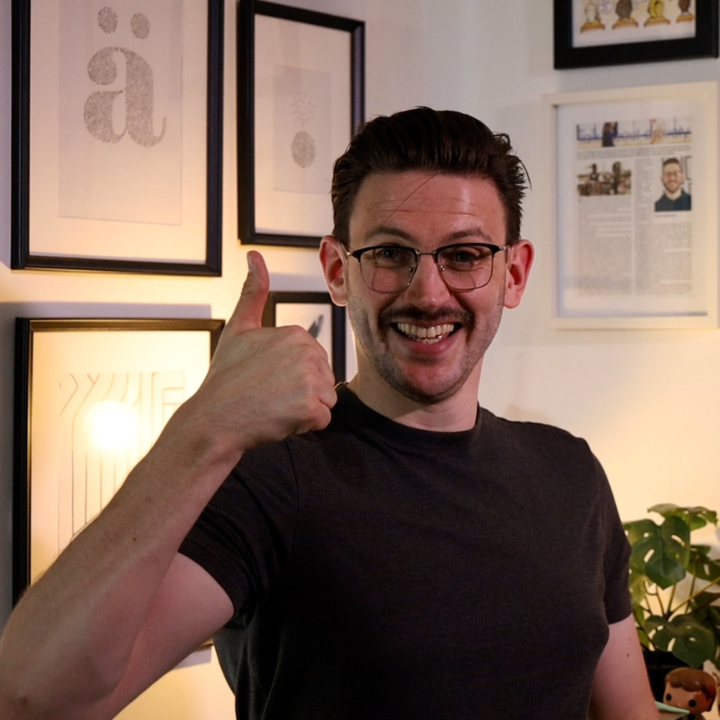Rebranding Safety with Sheila Lord

Overview
Mental health at work needs more than handing out fruit bowls or hosting yoga Fridays. It’s about creating a safe, supportive culture where people can thrive every day. In this article, you’ll learn why short-term “initiatives” often fail and how ISO 45003 can guide you. You also need to know why looking after your mental health is as essential as your physical safety.
Mental health should be part of your everyday risk management, not an afterthought. Let’s explore how you can make that happen.
Rebranding Safety with Sheila Lord
You may have seen it before. A company runs a “Wellbeing Week” with free snacks, a mindfulness session, and maybe a talk from a guest speaker. Then, the week ends, and nothing changes.
The truth? Those ideas aren’t bad. However, if your staff are working 12-hour days, skipping lunch, and feeling constantly stressed, Yoga Friday isn’t going to fix it.
Short-term initiatives are like sticking a plaster over a broken leg. The real problems stay hidden and often get worse.
Why Mental Health is a Safety Issue
Think about how you manage physical safety. If you had a dangerous machine with no safety guard, you wouldn’t put up a warning sign and call an ambulance if someone got hurt. You’d fix the hazard.
Mental health is no different. UK law says you have the same duty of care for psychological health as you do for physical safety. That means you need to identify risks, put controls in place, and monitor how well they’re working.
Ignoring these duties can cost you in lost productivity, long-term absences, and even legal trouble.
ISO 45003 is Your Blueprint for Change
ISO 45003 is the world’s first international standard for managing psychological health and safety at work. It’s designed to help you:
- Spot what’s harming mental health in your workplace
- Put systems in place to prevent harm
- Build a culture where people feel safe, valued, and supported
The best part? If your organisation’s turnover is under £25 million, you can download the standard for free from BSI.
The ACT Model – A Simple Starting Point
If you’re not sure where to begin, try the ACT model:
- Ask – Find out what’s affecting people’s wellbeing and how badly it impacts them.
- Consult – Involve staff in finding practical solutions.
- Take Action – Work together to make changes and follow through.
This is more than ticking boxes. It’s about building trust and showing you mean what you say.
Behaviour Change Takes Time
Culture change isn’t a quick win. Do you remember the seat belt campaigns from decades ago? It took years to make “click every trip” second nature. The same goes for mental health at work.
You need a long-term plan, leadership buy-in, and regular reviews to see what’s working and what isn’t. At Risk Fluent, we often create 6-month, 1-year, and 3-year roadmaps with our clients to keep progress moving.
Why This Matters for Your Business
Good mental health involves more “nice to have.” It’s good business. By tackling the causes of stress and burnout, you can:
- Reduce sick days and staff turnover
- Improve productivity and quality of work
- Strengthen your reputation with clients and potential hires
It’s an investment that pays off in loyalty, performance, and long-term success.
How Risk Fluent Can Help
We go beyond one-off wellbeing events. Our approach includes:
- Gap analysis to see where you are and where you should be
- Tools and training to help you meet ISO 45003 standards
- Support for both quick wins and long-term cultural change
- Flexible media services to create engaging training and awareness content
From simple reminder videos for staff to a full wellbeing strategy, we’ve got you covered.
Ready to talk?
Let’s get together on a call to see where we can support you and add value to your business with structured health & safety consulting.
Let’s talk
For a quote, complete the form below and arrange a discovery call where we can chat though your requirements.

Has over 12 years of experience in safety and fire across various industries like healthcare, housing, and manufacturing. As the Managing Director at Risk Fluent and host of the “Rebranding Safety” podcast and YouTube channel, he is committed to making safety discussions engaging. James’s innovative approach and dedication to rebranding safety have made him a respected figure in the field.





